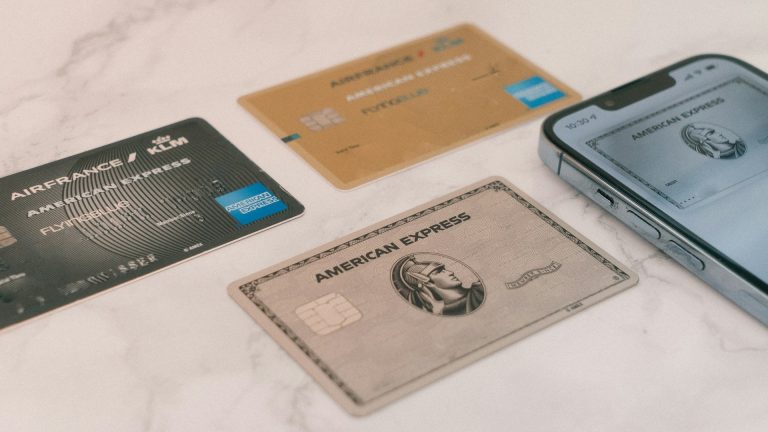The weight of excessive debt can cast a shadow over life’s aspirations, hindering progress and limiting opportunities. However, the journey toward a debt-free existence unveils a realm of possibilities, where financial decisions are driven by empowerment rather than constraints. In this guide, we will delve into the importance of budgeting in controlling debt and provide practical tips on creating a realistic budget, tracking expenses, and identifying areas for potential savings. This journey is not just about escaping debt; it’s about reclaiming control of your financial destiny.
The Toll of Debt and the Liberation of Being Debt-Free
Living under the burden of substantial debt can permeate every aspect of life. High-interest rates, constant financial stress, and limited options can impede progress, leaving individuals trapped in a cycle of repayment. The incessant juggling of payments often means sacrificing dreams, whether it’s homeownership, travel, or pursuing further education. The toll is not merely financial; it extends to emotional well-being, impacting relationships, mental health, and overall life satisfaction.
Conversely, the prospect of being debt-free paints a contrasting picture. Imagine a life where each financial decision aligns with personal goals, unencumbered by the shackles of debt. Being debt-free signifies the liberation to make choices based on aspirations rather than obligations. It opens avenues for savings, investments, and the pursuit of meaningful experiences. The journey to financial liberation starts with mastering your finances through effective budgeting.
The Foundation of Financial Freedom
- Assess Your Income and Expenses: Begin by meticulously documenting your monthly income from all sources. List all fixed and variable expenses, distinguishing between needs and wants. This comprehensive assessment forms the foundation of your budget.
- Set Realistic Goals: Establish achievable financial goals within your budget. Whether it’s creating an emergency fund or paying off high-interest debts, realistic goals provide motivation and structure to your budget, steering you towards a debt-free future.
Tracking Expenses for Financial Awareness
- Keep Detailed Records: Maintaining detailed records of your daily expenditures is crucial for financial awareness. Utilize apps or simple spreadsheets to track every dollar spent, revealing spending patterns and areas where adjustments can be made.
- Regularly Review Your Budget: Schedule regular reviews to ensure your budget aligns with financial goals. Assess whether your spending habits match projections and make necessary adjustments. This consistent vigilance keeps you on course for a debt-free future.
Identifying Areas for Potential Savings
- Prioritize High-Interest Debt: Identify debts with the highest interest rates and prioritize their repayment within your budget. Allocating more funds to high-interest debts reduces the overall interest paid, hastening the path to debt freedom.
- Explore Cost-Cutting Opportunities: Scrutinize discretionary spending for potential cutbacks. Negotiate utility bills, cancel unused subscriptions, and opt for cost-effective alternatives without compromising your quality of life.
- Build an Emergency Fund: Allocate a portion of your budget to building an emergency fund. Having savings for unexpected expenses prevents reliance on credit, fortifying your proactive debt management strategy.
Mastering your finances through effective budgeting is the transformative gateway to eliminate debt and achieve financial liberation. A well-constructed budget empowers you to make informed decisions, prioritize debt repayment, and cultivate healthy financial habits. By assessing your income, tracking expenses diligently, and identifying areas for potential savings, you pave the way for a debt-free future and robust financial well-being. Start your journey to financial mastery today by embracing the simplicity and power of a thoughtfully crafted budget.





